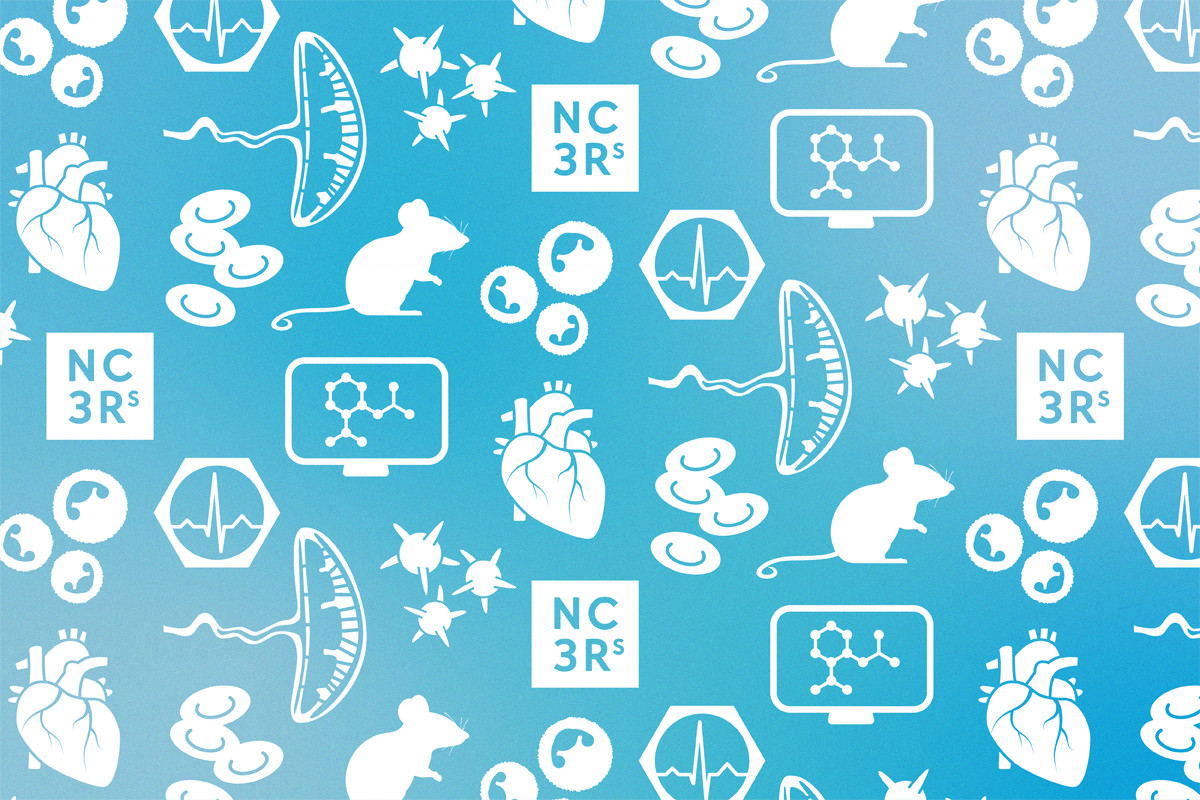Registration Details

As partners of Pint of Science we have been taking part in the annual science festival since 2014, sharing NC3Rs-funded research in pubs and public spaces across the country. In 2024 we are holding events in Manchester, London and Nottingham. The Manchester event will explore alternative approaches to replace animal use in cardiovascular research.
Not just a bleeding heart: Replacing animal research
How do scientists investigate how the heart beats, bodies bleed and blood vessels block, without the use of animals? Find out about innovative approaches replacing animals and improving the predictive power of cardiovascular research.
Clotting and bleeding: A double-edged sword
Dr Sarah Jones and Dr Amelia Drysdale
Cardiovascular disease is the leading cause of death globally, causing almost 18 million deaths a year. 80% of these are due to heart attacks and strokes, caused by blood clots blocking arteries. The same blood clotting processes however are critical to prevent life threatening bleeding. Sarah and Amelia are using animal-free approaches to understand how the body controls blood clotting and bleeding and test new treatments to prevent heart attacks and strokes.
Find out more about Amelia's PhD research co-funded by the British Heart Foundation/NC3Rs and Sarah's project supported by the BBSRC/NC3Rs to develop the next generation of non-animal technologies.
Drug safety in a heartbeat
Dr Andrew Leach and Sylvia Kaempf
One of the most common reasons for drugs to fail safety testing is side effects that cause issues with the heart, such as an irregular heartbeat. Andrew and Sylvia are developing a computer programme to simulate how drugs affect the ‘wires’ that make the heart muscle pump. With their virtual drug testing they aim to replace some of animals used for cardiac safety studies and speed up the development of new drugs.
Learn more about Sylvia and Andrew's NC3Rs-funded research.
